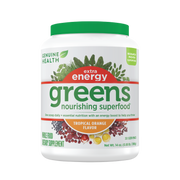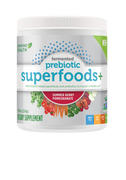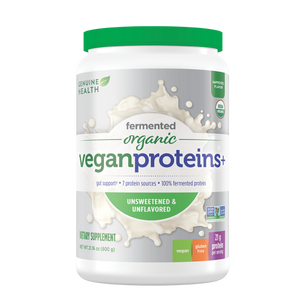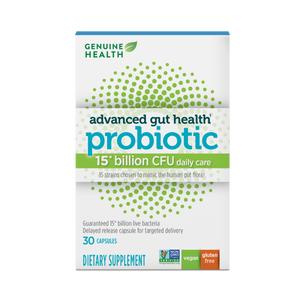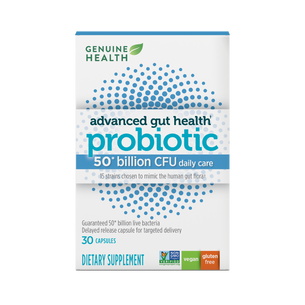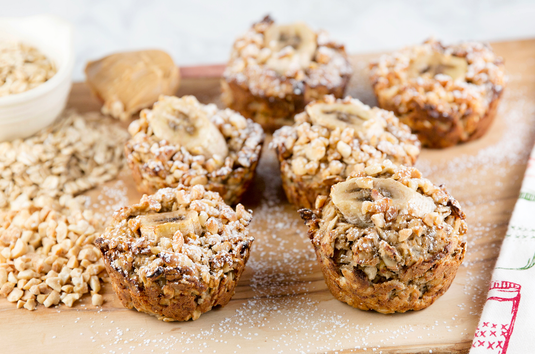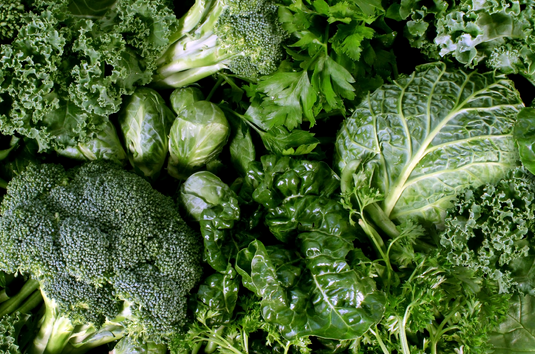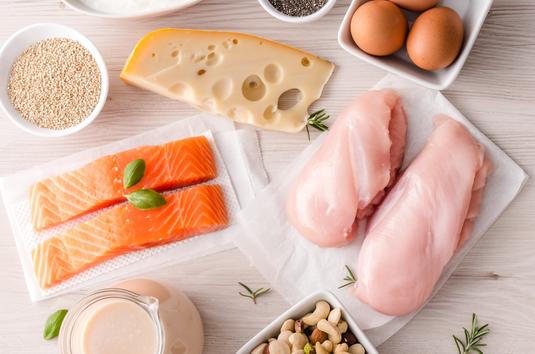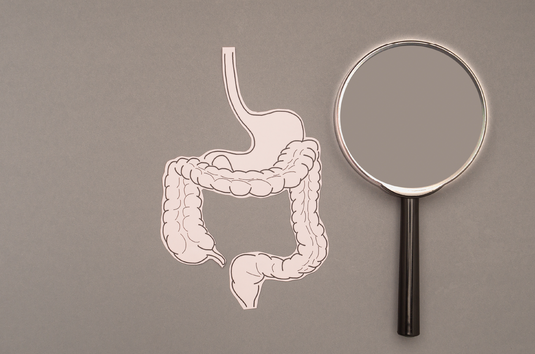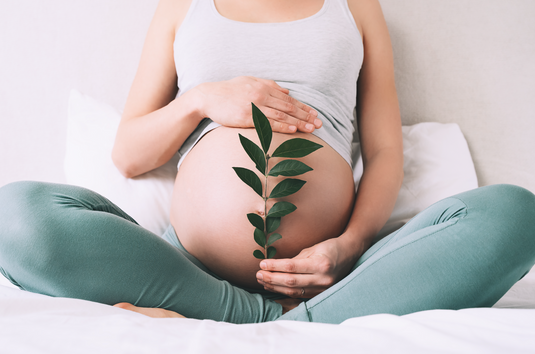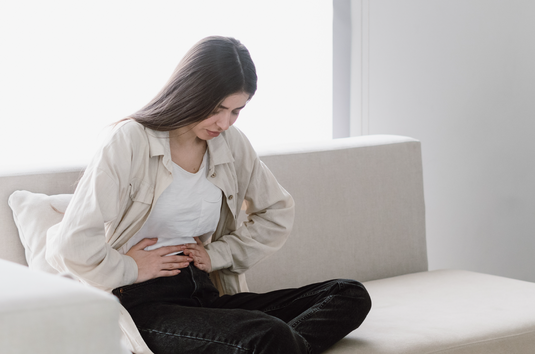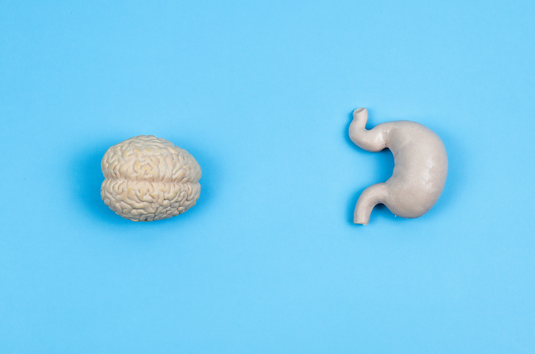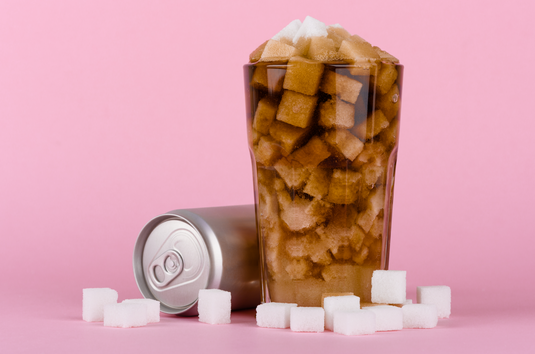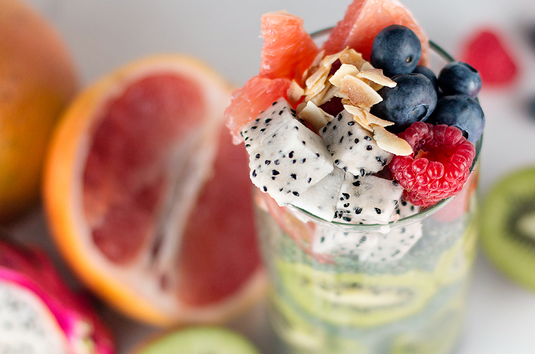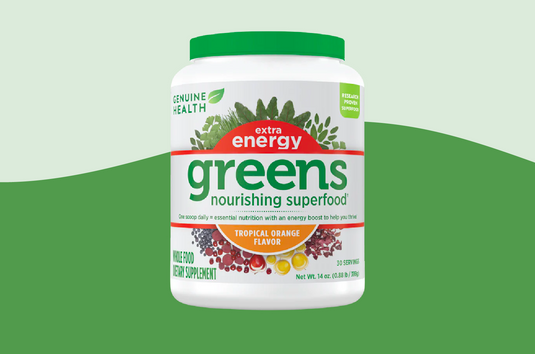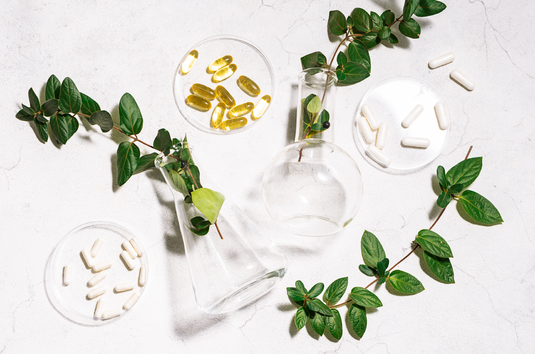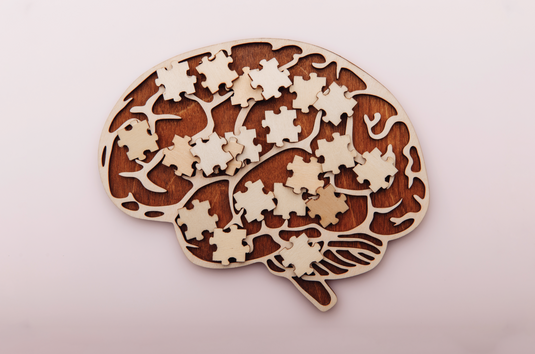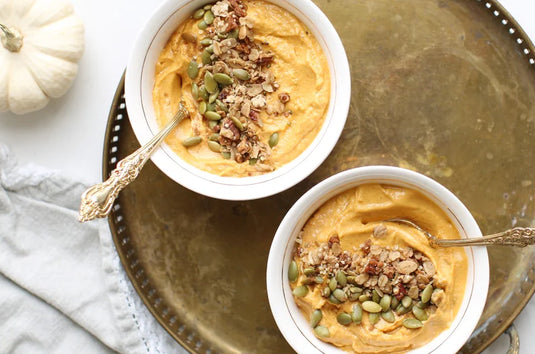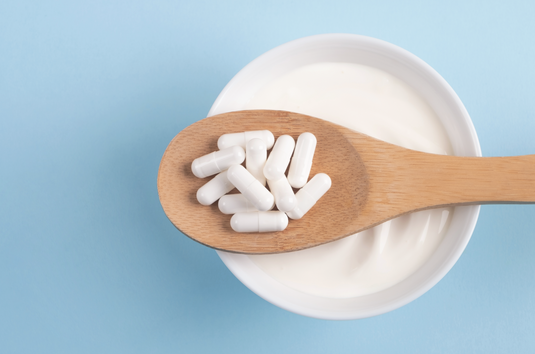Is Your Microbiome Sabotaging Your Weight Loss?

45 million Americans go on a diet every year. But the majority of diets don’t work, and an estimated 80% of people end up right back where they started (or even a few pounds heavier) within one year of starting their diet.
What is causing all of these diets to derail? Beyond willpower and human nature, recent research has uncovered a surprising reason for weight gain after yo-yo dieting: the microbiome.
The microbiome is so important to our health that scientists now regard it as an organ unto itself. Also called our “gut” or “inner garden,” our microbiome can contain up to a few thousand species of bacteria, fungi and other microscopic life. These microbes perform important tasks for us, and have been found to influence everything from digestive health to immunity and body composition.
Compared to those living traditional lifestyles and our ancestors, we are losing diversity of microbes. Microbes perform important tasks for us, so when we lose diversity, we lose important “jobs” that were once performed by microbial friends. Like whether we have a tendency to gain weight.
When researchers at the Weizmann Institute of Science in Israel put mice on an alternating high and regular fat diet (essentially causing the mice to “yo-yo diet”), they noticed alterations to their gut bacteria.
Yo-yo dieting appeared to cause changes in the microbiome that in turn made the mice more susceptible to weight gain. Even after they returned to their baseline weight, the mice gained weight faster each time they were placed on a high fat diet.
When the researchers transferred bacteria from the yo-yo dieting mice’s microbiome to a second group of mice (that had not been placed on a diet), they noticed that this second group gained weight faster when placed on a high fat diet, too.
The researchers found a reason for this: the altered microbiome reduced levels of two flavonoids (flavonoids are a type of polyphenol, which is a large group of chemical compounds that provide antioxidant and anti-inflammatory benefits) called apigenin and naringenin, which not only provide many health benefits to the body, but also influence gene expression. These flavonoids altered the UCP-1 gene, which affects metabolism.
Researchers speculate that a “post-biotic” treatment – where flavonoids are reintroduced to the gut – could help to prevent weight gain after dieting.
This research is promising for weight loss. We actually have the ability to influence the health of our microbiome, which in turn benefits the health of our whole body!
At Genuine Health, we deeply believe in the importance of gut health and the microbiome. While we don’t believe in dieting, per se, we believe in providing the body with foundational nutrition, every day!
While there’s still a lot to be learned, one thing is for sure: consuming plenty of flavonoids, which are abundant in plant foods and green powders, and taking a quality probiotic, will help to set the stage for a healthy microbiome and body in the long term.
Sources:
Elinav E, et al. Persistent microbiome alterations modulate the rate of post-dieting weight regain. Nature (2016) doi:10.1038.
What is causing all of these diets to derail? Beyond willpower and human nature, recent research has uncovered a surprising reason for weight gain after yo-yo dieting: the microbiome.
What is the Microbiome?
The microbiome is so important to our health that scientists now regard it as an organ unto itself. Also called our “gut” or “inner garden,” our microbiome can contain up to a few thousand species of bacteria, fungi and other microscopic life. These microbes perform important tasks for us, and have been found to influence everything from digestive health to immunity and body composition.
Compared to those living traditional lifestyles and our ancestors, we are losing diversity of microbes. Microbes perform important tasks for us, so when we lose diversity, we lose important “jobs” that were once performed by microbial friends. Like whether we have a tendency to gain weight.
New Research on the Microbiome and Dieting
When researchers at the Weizmann Institute of Science in Israel put mice on an alternating high and regular fat diet (essentially causing the mice to “yo-yo diet”), they noticed alterations to their gut bacteria.
Yo-yo dieting appeared to cause changes in the microbiome that in turn made the mice more susceptible to weight gain. Even after they returned to their baseline weight, the mice gained weight faster each time they were placed on a high fat diet.
When the researchers transferred bacteria from the yo-yo dieting mice’s microbiome to a second group of mice (that had not been placed on a diet), they noticed that this second group gained weight faster when placed on a high fat diet, too.
The researchers found a reason for this: the altered microbiome reduced levels of two flavonoids (flavonoids are a type of polyphenol, which is a large group of chemical compounds that provide antioxidant and anti-inflammatory benefits) called apigenin and naringenin, which not only provide many health benefits to the body, but also influence gene expression. These flavonoids altered the UCP-1 gene, which affects metabolism.
Researchers speculate that a “post-biotic” treatment – where flavonoids are reintroduced to the gut – could help to prevent weight gain after dieting.
This research is promising for weight loss. We actually have the ability to influence the health of our microbiome, which in turn benefits the health of our whole body!
At Genuine Health, we deeply believe in the importance of gut health and the microbiome. While we don’t believe in dieting, per se, we believe in providing the body with foundational nutrition, every day!
- Our fermented proteins and supplements, like fermented vegan proteins+, help to strengthen gut health and amplify nutrition. fermented organic gut superfoods+ contains apigenin and naringenin – the very flavonoids that researchers found to influence metabolism!
- Our advanced gut health probiotic provides the highest strain count found today, with a unique, targeted delivery system that ensures that the probiotics get where they need to go.
While there’s still a lot to be learned, one thing is for sure: consuming plenty of flavonoids, which are abundant in plant foods and green powders, and taking a quality probiotic, will help to set the stage for a healthy microbiome and body in the long term.
Sources:
Elinav E, et al. Persistent microbiome alterations modulate the rate of post-dieting weight regain. Nature (2016) doi:10.1038.



